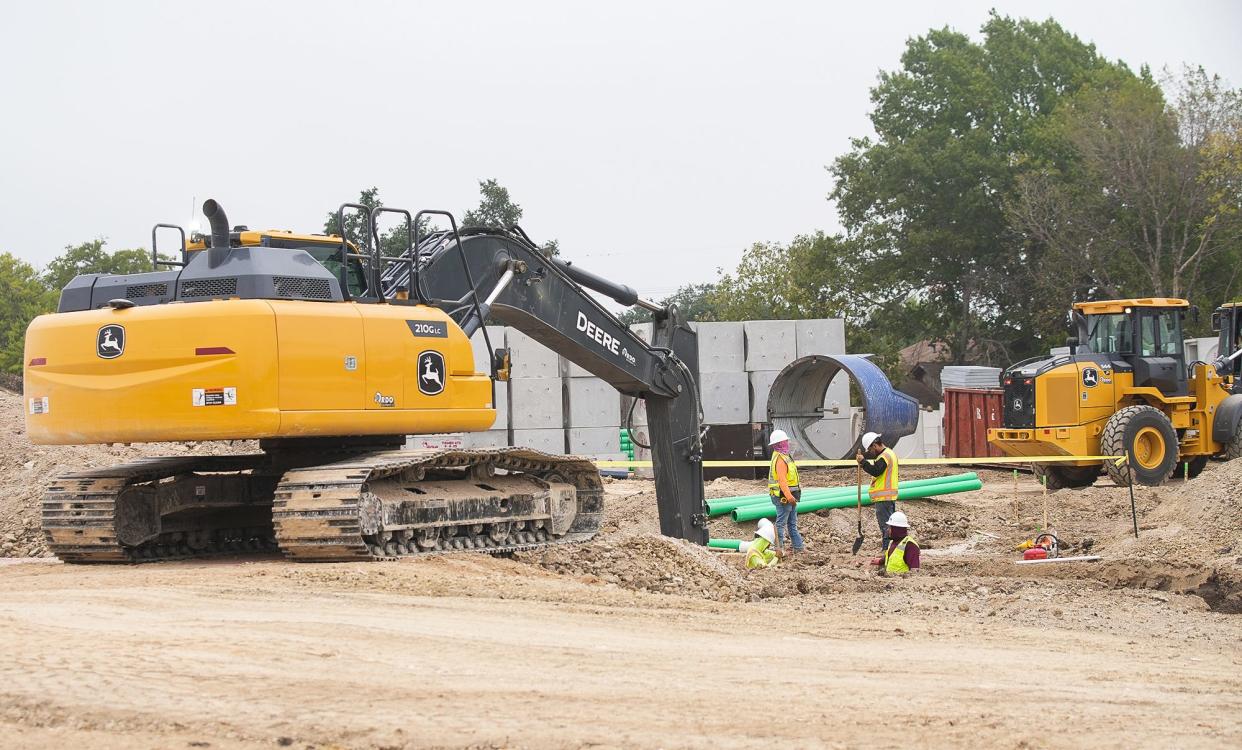City of Austin violated rights of its property owners, judge says. Three ordinances voided

The city of Austin violated the rights of its local property owners by failing to provide proper notice of land development code changes approved by the City Council in 2022, a local judge has ruled.
Travis County District Judge Jessica Mangrum's ruling in favor of a group of homeowners voids three of Austin's zoning ordinances aimed at creating more housing density and improving affordability.
The homeowners have been fighting the city on zoning and land development code changes in court since 2020 — arguing their protest rights were violated because the city failed to provide proper notice of the proposed changes.
After Travis County District Judge Jan Soifer and a Texas appeals court previously ruled in favor of the homeowners, the homeowners sought a motion to enforce and void four ordinances, which was heard in court by Mangrum on Sept. 26.
A copy of Mangrum's signed order, which was provided to the Statesman Monday by the homeowners' attorney, Doug Becker, states that three ordinances — Vertical Mixed Use II, Residential and Commercial Development Program and Compatibility Ordinance — are void "ab initio" (from the beginning) for failure to provide proper notice.
The fourth ordinance in the lawsuit, called Affordability Unlocked — a citywide program that encourages developers to build more affordable housing by allowing them to operate under relaxed building codes on some projects — will not be affected by the ruling.
The judge denied the plaintiffs' initial request for more than $300,000 in sanctions. The order is not final or appealable until all relating costs, including attorney fees, are finalized.
"We are pleased that the judge did not issue the requested sanctions, as the city continues to make efforts to comply with all laws and judicial rulings related to the land development code changes," Austin City Attorney Anne Morgan said in a statement to the Statesman. "City management and city council will follow the judge’s ruling."
What did the ordinances do?
The Vertical Mixed-Use II Ordinance – Vertical Mixed-Use is a zoning category that allows a mix of different uses within the same building, according to the city. The 2022 code amendment eased some of the regulations in exchange for an increase in the percentage of designated affordable housing units in the building.
Residential in Commercial Development Program – allows residential use in some commercial districts.
Compatibility Ordinance – Austin's compatibility rules limit height based on a building's proximity to the nearest single-family home or to a lot simply zoned for a single-family home. The December 2022 ordinance eased the existing regulations.
Could there be more housing lawsuits in the near future?
The plaintiffs' attorneys are now looking at the legality of phase one of the HOME ordinance, which was passed in early December by the City Council, according to a Dec. 11 press release from Becker.
The initiative was spearheded by District 7 Council Member Leslie Pool, and Austin Mayor Kirk Watson made a point of enhancing public notice for this round of proposed changes. The city held three public information meetings in which hundreds showed up, and sent out city-wide notices detailing the proposed changes.
However, Becker said there could still be legal issues to examine.
"Ms. Pool repeatedly proclaimed that her ordinance did not change the zoning on anyone's property, which appears contrary to the Court's ruling," the release said.
Phase one of the HOME ordinance will soon allow residents to build up to three housing units on some single-family lots. Phase two is expected to be taken up in spring of 2024.
Proponents of the ordinance believe the changes will help address housing affordability in Austin by providing the opportunity to build additional units throughout the city. Opponents have concerns regarding displacement as well as the actual economic benefits to such an ordinance.
This article originally appeared on Austin American-Statesman: Judge intends to void 3 of Austin's affordable housing ordinances

